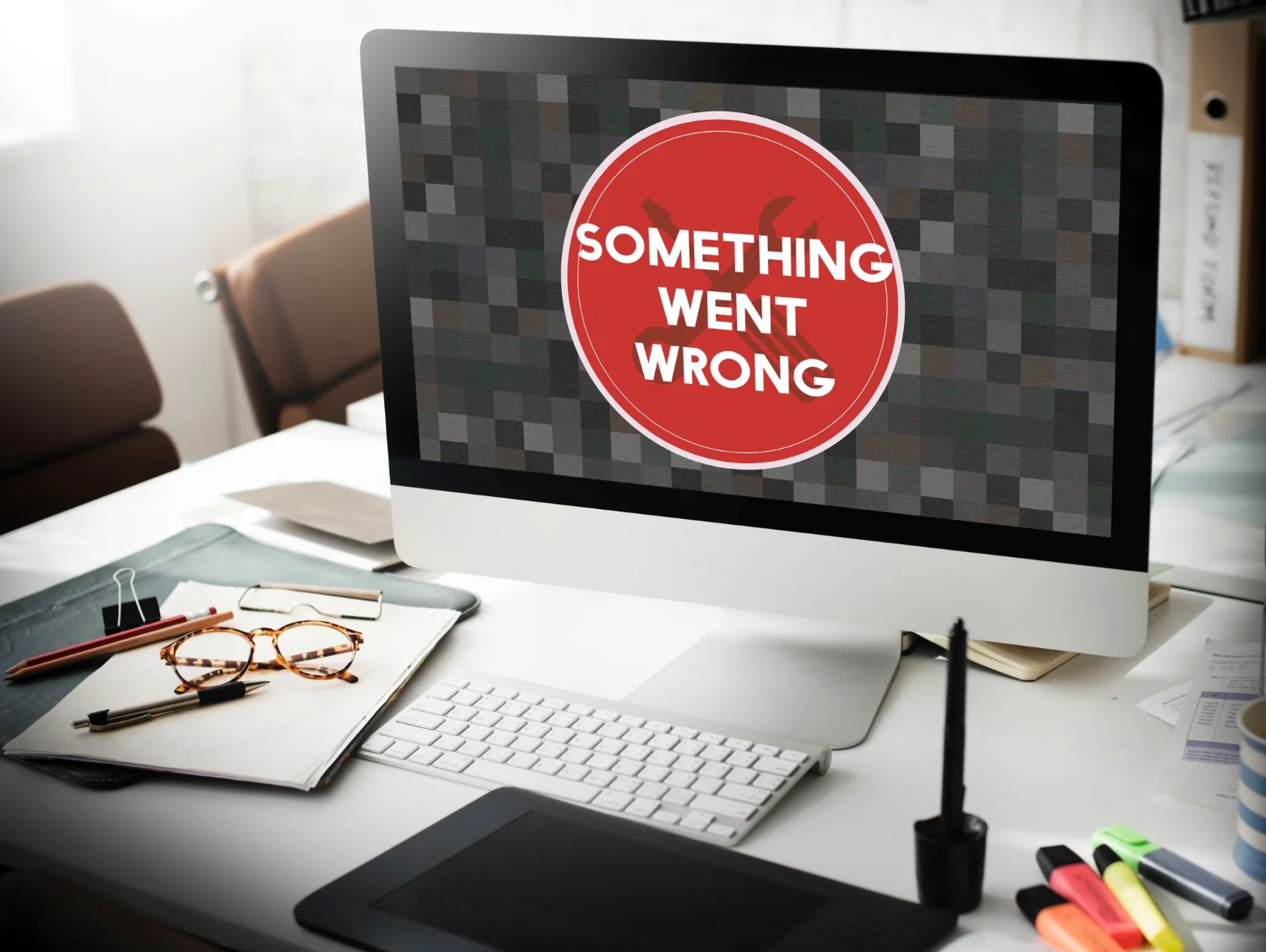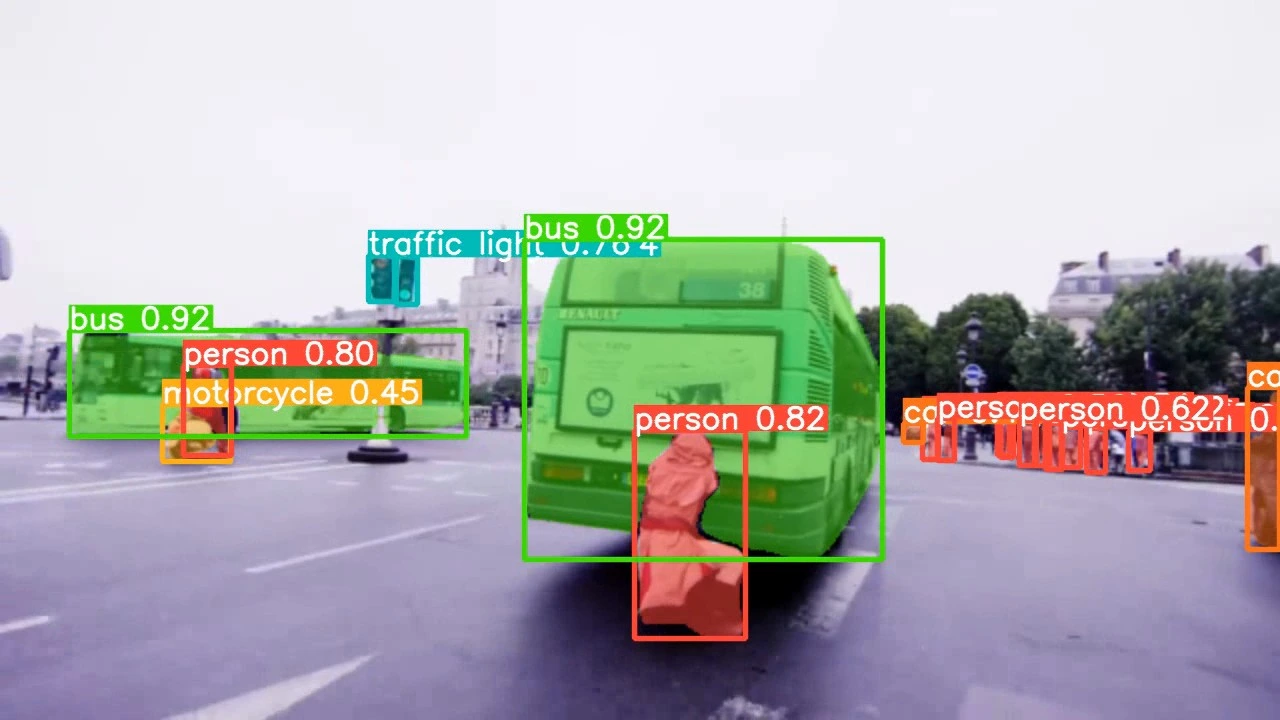Since March 2020, year zero of the Covid pandemic, the number of Italian SMEs that sell online is increased by 10%.
This significant data was revealed by a survey conducted by the American shipping company UPS in collaboration with Nathan Associates, Confartigianato Imprese, Federvini, Unioncamere and the University of Prato University of Florence.
It is therefore precisely the pandemic, especially looking at the effects and regulatory obligations imposed by it, that has given the impetus to the race for the digital adaptation of companies in the Bel Paese which have made e-commerce a tool to combat the crisis.
Working through digital tools such as e-commerce has in fact given many SMEs the opportunity to guarantee themselves a certain level of security operational continuity, to minimize the disastrous effects of lockdowns, and to achieve stable turnover or even growth, contrary to what unfortunately happened for many other small and medium-sized Italian businesses.
In fact, some data published by Confartigianato demonstrate how the strong delay of the sectors most influenced by restrictions on people's mobility and the decline in tourism, during the pandemic and specifically in 2021, was counteracted by the increase in demand for digital and e-related services -commerce.
In detail, postal and courier services exceeded pre-Covid levels by 24.3%.
We are talking about 'last mile' delivery activities which therefore follow the boom in e-commerce sales.
According to the same data, the production of software and IT consultancy also recorded revenues rising by 10.7% compared to pre-Covid-19 and the activities of information services and other IT services by +2.8%, resulting in a overall growth of 9.2% in these two ICT sectors.
The direction of the market therefore appears quite clear: today, and increasingly in the future, having an e-commerce will be fundamental.
This applies to all those SMEs intending to increase their turnover, producing, on the other hand, a clear saving on the costs of managing a physical store, and intercepting an increasingly demanding clientele who are now accustomed to using the web to satisfy their needs. .
The numbers of recent years demonstrate this: from 2015 to today, online retail stores have increased by 9,840 units, with an annual growth of 14.5%.
Today there are over 23 thousand e-commerce sites in our country.
E-commerce for SMEs: why yes?
How can an SME benefit from choosing to invest in e-commerce? The advantages are numerous and above all strategic and, wishing to summarize them in some points, we will mention the following:
- Today, first of all, starting an online sales business is much easier compared to the past. This thanks to the work of those who, like the expert professionals of our Noitech team, study customized solutions to allow each company to find the solution most in line with its objectives and needs.
- An electronic store allows you to reach a broader customer base compared to that of a physical store. This is thanks to the possibility of obtaining greater visibility for a greater quantity of products, and thanks to the possibility of being able to operate 24 hours on 24, bypassing the constraints given by opening hours.
- Consumers are increasingly accustomed to shopping online. Purchasing habits, especially after the pandemic, have undergone a profound change and confidence with e-commerce is spreading more and more among every segment of buyers.
- Studies have shown that small and medium-sized businesses that start a digital transformation process experience concrete benefits in sales, employee productivity, access to information and relationships with customers.
Italian SMEs outperform European export data
Italy is currently ranked twentieth in the e-Trade Alliance's ranking of the best countries in the world for small and medium-sized businesses for e-commerce.
The contribution high in the country's export category (53% in Italy compared to the EU average of 25%) indicates the strong potential of SMEs. However, they find themselves filling gaps that hinder them from seizing market opportunities, including the slowness in adopting digitalisation compared to the European average.
The main challenges of the sector
Going into the more technical merits of digital commerce, the data from the survey conducted by UPS showed how among the biggest challenges for Italian SMEs that focus on e-commerce are:
- aspects relating to cybersecurity and online safety;
- the recovery of costs associated with e-commerce;
- expenses related to online marketing and branding
All challenges which, thanks to Noitech and the continuous support guaranteed by our team of professionals, can be faced lightly by SMEs.
The 41% of the SMEs interviewed also placed emphasis on access to financing for the strengthening of e-commerce, which was particularly crucial for the 60% of female-run businesses compared to the 27% of male-run ones. Around a third of SMEs surveyed are aiming to export, and half of SMEs said exporting has become easier since the start of the pandemic, while 40% said the opposite.
What are the starting points for an e-commerce?
For them Italian companies that have an e-commerce it is first of all essential to prepare one digital strategy for the sale of your products or services online.
Among the means most used by Italian companies to reach the target and induce conversions are:
- social commerce: those who purchase online in 87% cases have been influenced by what they have viewed on their Facebook or Instagram home and very often use social media to purchase through the windows implemented by FB and IG;
- omnichannel: Italian companies are investing in the creation of an increasingly user-friendly customer journey in order to minimize frictionless moments, i.e. interruptions in purchasing processes;
- human centered strategy: refers to the creation of personalized experiences that manage to pamper the user and then push them to purchase, as happens with the re-adaptation of pages based on user profiling;
- mobile payments: purchases via smartphone are conquering the world market and, consequently, it is necessary to improve payment solutions to avoid creating problems at checkout.
As we have seen, therefore, focusing on E-Commerce is now essential to project your business or enterprise into the market of the future.
Owning an e-commerce site, however, is not enough. It is necessary that this has been designed carefully and by a team, like that of Noitech, highly professional and capable of responding to the specific needs of your business.





















